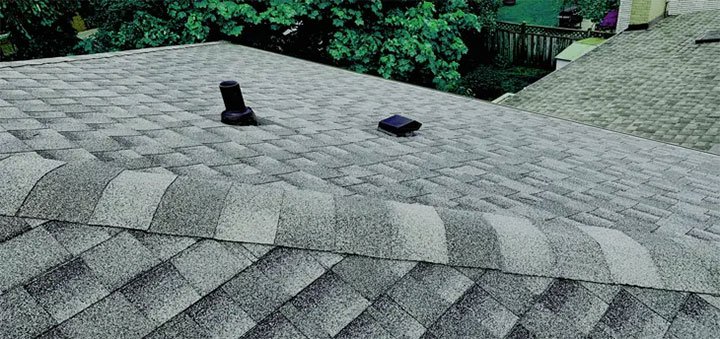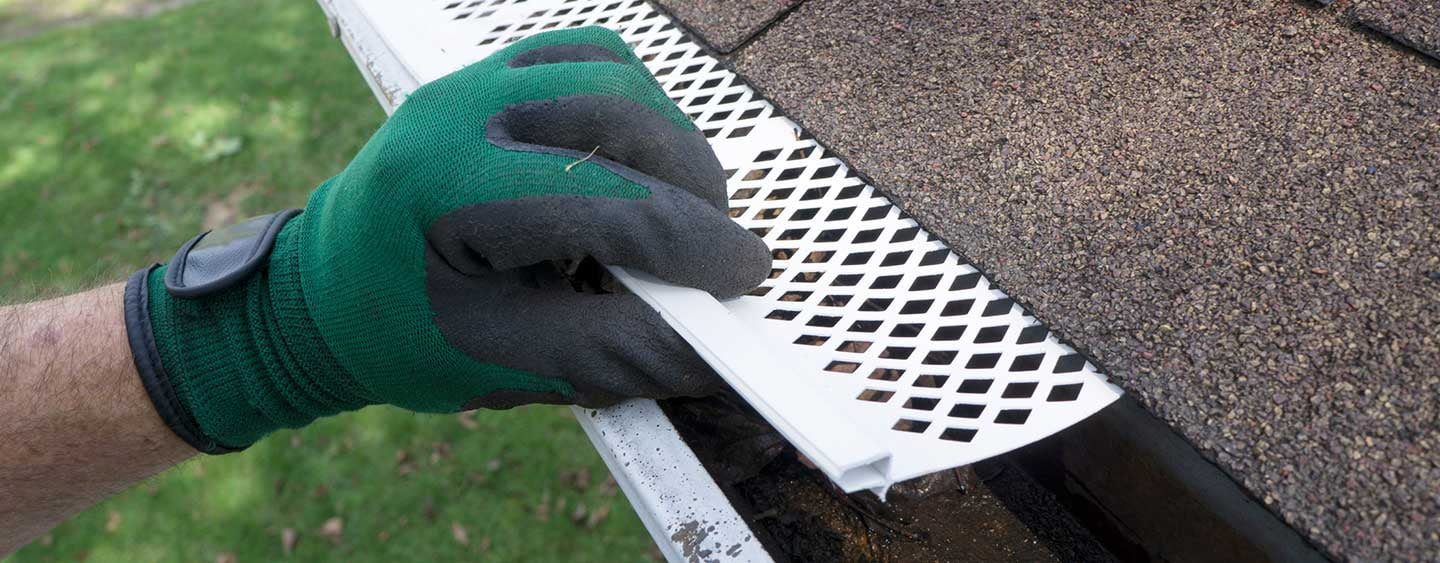
Water damage is among the worst things that could happen to your property. The information of recent flood in Quebec and BC — that is very likely to cause hundreds of millions of dollars damage — provides a timely reminder that heavy rain is among the principal causes of water damage. Especially, among the simplest ways for you house to endure such harm is via leaks in the roofing. However, just what is it that causes water to flow through the roof, and also what could you do to make sure it does not occur to you? Listed below are a couple reasons why roofs flow during heavy rainfall.
Design and Environmental Issues
Sometimes homes are only poorly equipped, and when this is true, your options are regrettably to live with it to get it repaired! Concerning roof layout, the biggest offender here’s flat roofs, that in a moist climate don’t permit sufficient drainage, meaning the consequent potable water is much more likely to discover a route through the interior of your roof area. If your roof is constructed from metal, you’ve got problems also: metal roofs may corrode over time, and wear and tear at such roofs may lead to flow difficulties.
Skylights are just another design defect which contributes to leakages. Chimneys are another dilemma; of course, water can flow in through the chimney , but their outside constructions are also quite good at keeping water, resulting in further leaks. The pipes of a home, if it is installed badly, may be another weak point; for instance, a ventilation fan duct may be an easy cause.
The environment your residence is located in is obviously a problem — if you reside in a place generally prone to poor weather, you may have suffered roof damage (and thus a greater likelihood of escapes ) due to prior storms. If you reside in a heavily wooded area, maybe you have creatures climbing on the roof, or even tree branches that have dropped it. Or perhaps you’ve been outside on the roof a lot of yourself. Each these things can lead to damage to the roofing and thus problems once the rains get overly thick.
Roof Maintenance
A number of the more important reasons your roof may leak doesn’t have anything to do with these variables and what related to how well you’ve maintained the roofing itself. By way of instance, if your flashing (the thin pieces of metal installed beneath your roof shingles and joints to create a watertight barrier) is cracked, then this may allow water to flow in. Such cracking occurs over time since the pitch which roofing contractors use to seal it collectively may get corroded from the components. In the same way, busted shingles on the roof — normally brought on by high winds and heavy rain — may also let water . Furthermore, if your roof beams are not correctly sealed (thanks , erosion), rainwater may get indoors because it runs down the incline.
It is not merely roof stuff eroding or being installed which you need to fret about. Ice dam buildup is a problem in colder environments which results from a form of ice forming in the edge of a roof which prevents water from draining . Clogged gutters and downspouts may also allow water to pool in your own roofing, giving it more of the chance to float through cracks.
What Can You Do?
What happens when it starts raining and your roof starts leaking? Fortunately there are a Couple of Straightforward Actions you can take before things get too bad:
- Grab leaks in a Crisis by clearing off Insulation off the Moist ceiling drywall on your Loft, Shut-off any standing water, and Also Placing a bucket onto a piece of plywood Placed onto the joists to catch Slips
- Patch the Flow Briefly Using a Slice of plywood or Plywood, and Roof Pitch ; If the rains let up, head on into the roof and Then fortify the shingles around the Dripping Region with Much More Roof Pitch
- In Case you Can Not get in the Loft, try with a piece of Plastic Vinyl as a temporary Roofing Cap, and Make Sure any rain that falls onto It’s Firmly Emptied off the edge of the Roofing
For more information, speak to a roofing contractor in your area. If you have any roofing questions you’d like to ask us please don’t hesitate to call us at 289-769-9019 or contact us using the contact form on our website. We’d love to hear from you!





